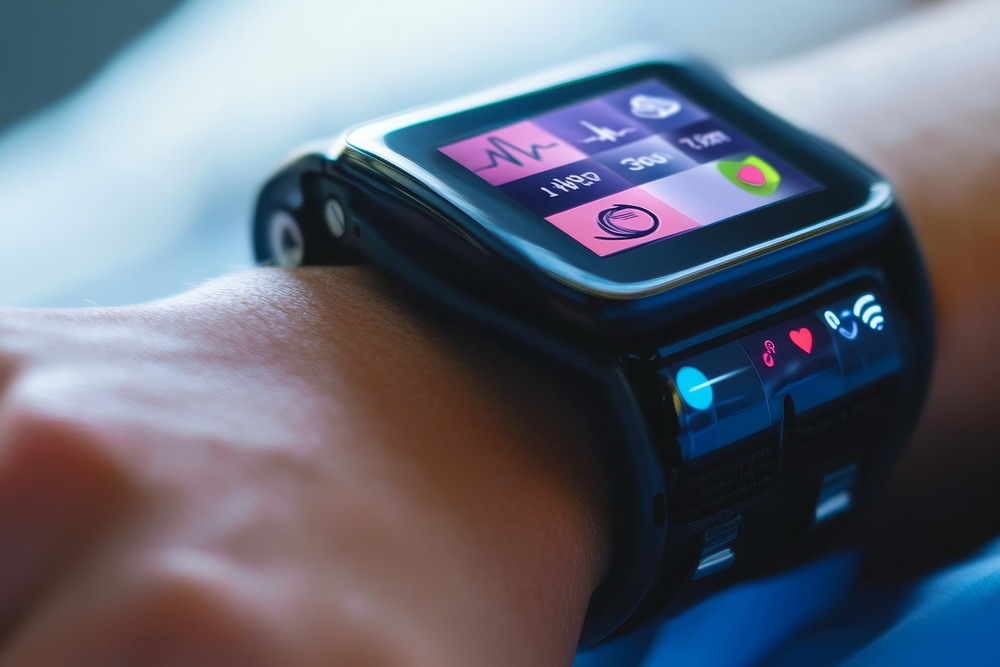
New health technologies are empowering us to take greater control over improving and maintaining our wellbeing. Innovations like wearable sensors, telehealth and personalized medicine are making healthcare more proactive, convenient and precise.
Wearable Health Tracking
Slim fitness bands and smart watches contain tiny sensors that monitor your activity and vital signs like heart rate and sleep patterns. This data syncs to phone apps to provide insights and inspires some friendly competition towards fitness goals. More advanced wearables can even detect early signals related to illness. According to the people over at Blues.com, IoT for healthcare turns wearables into round-the-clock health guardians.
At-Home Testing and Monitoring
Now diagnostic tests for everything from infections to nutrient levels can be performed in the convenience of your own home with self-collection kits. Smart bathroom scales can map heart rhythms and body composition. Handheld ultrasound wands allow self-scanning. And ingestible capsules transmit images as they pass through your digestive system. Results sync through secure accounts to share with your doctor remotely.
Telehealth Virtual Visits
Telehealth makes it easy to consult health providers by video call using your phone or computer. Whether dealing with a sudden rash, medication questions or mental health counseling, virtual visits expand access to quality care. Prescriptions can be sent to your closest pharmacy too. Skipping travel saves time and limits virus exposure risks in waiting rooms. The telehealth model has soared in popularity because of its safety and convenience.
Digitizing and Sharing Records
Electronic health records help doctors access medical history from any facility in one dashboard for reference during appointments. Customized patient portals also enable direct access to test results. And new initiatives allow record sharing across institutions and warn of dangerous prescription interactions. Complete health records support better coordinated care decisions.
Precision Medicine and Genetic Testing
Gene-mapping prices have dropped rapidly, fueling bio-technology breakthroughs. Analyzing DNA can reveal risk factors for serious illnesses years before symptoms arise. These insights guide more targeted screening and prevention programs to delay disease onset. Learning nutritional needs based on genetics also helps personalize diet and fitness plans for optimal health.
Benefits of Health Technology
While adoption does require some effort, embracing health technologies can lead to:
- Improved Self Care: Wearables with activity reminders and telehealth access makes it easier to nurture fitness or address minor concerns right away before they worsen, reducing the burden on hospitals.
- More Preventative Healthcare: Early diagnosis of emerging issues from frequent remote monitoring allows earlier intervention, improving outcomes. Genetics also guides truly personalized wellness programs.
- Reduced Healthcare Costs: Virtual visits and home testing kits cost less than in-office appointments and lab work. Earlier intervention and sustained wellbeing also lowers future treatment expenses over a lifetime.
- Expanded Healthcare Access: Video call capabilities bridge geographical barriers, bringing quality care to rural or homebound patients.
Future of Healthcare Innovation
The healthcare technologies emerging today seem almost sci-fi compared to methods used just a decade ago. Moreover, the pace of change only accelerates from here with more lifesaving innovations on the horizon, like:
- Implanted Sensors: Tiny injectable chips with trailing antenna can be embedded to transmit internal health insights ranging from glucose trends to early tumor growth signals.
- Robot Surgeons: Already gaining trust substituting for a surgeon’s hands via tiny tools guided robotically inside the body’s narrow passages, their autonomy and precision will increase.
- AI Diagnosis Systems: Deep learning neural networks will continue advancing to rival specialized physicians at spotting anomalies and recommending treatment options from medical scans.
Conclusion
Learning to harness health technology wisely today means individuals can enjoy healthier and more fulfilling lives for decades to come. Our communities will also grow more resilient in facing future healthcare challenges.


